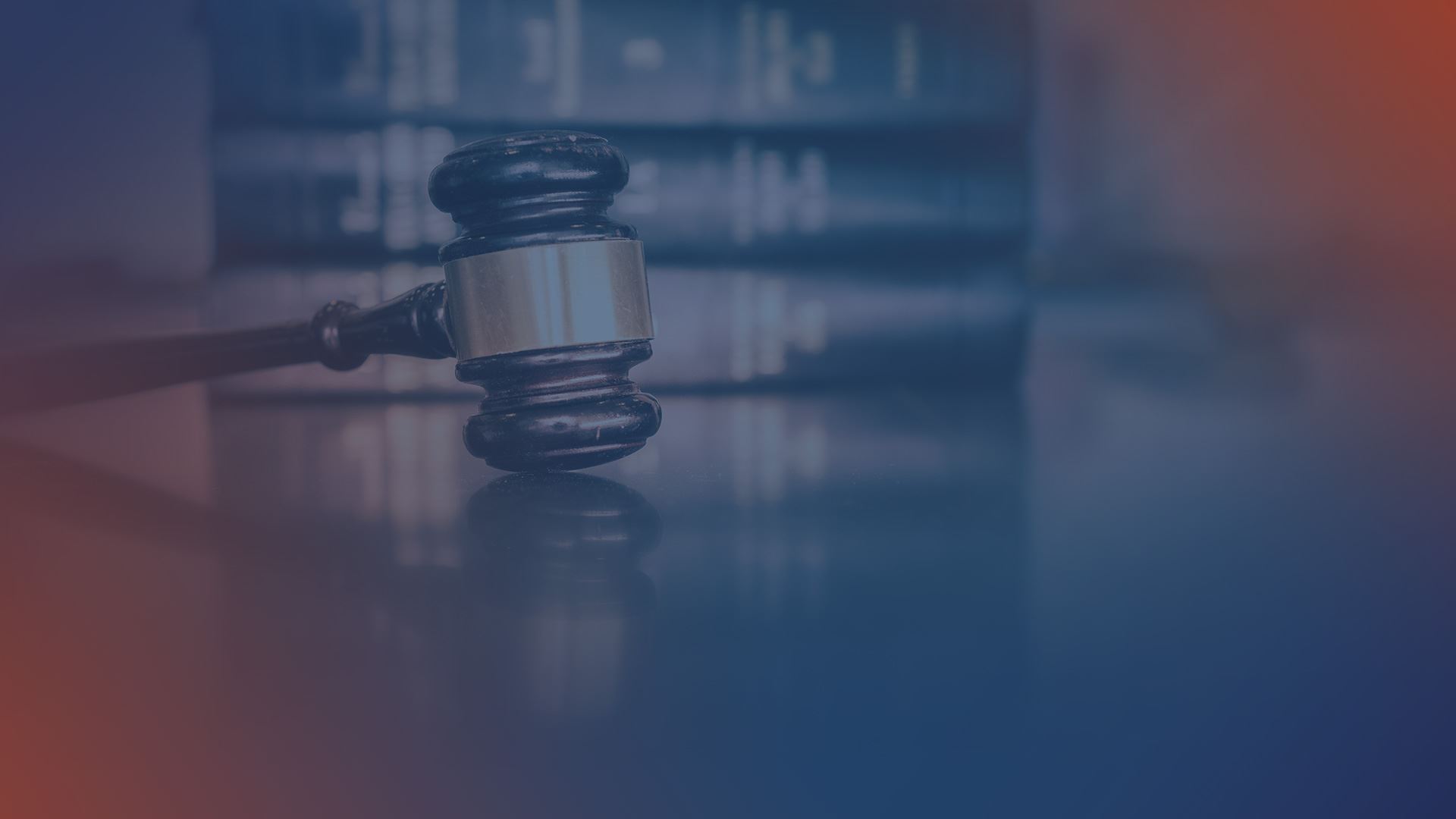Understanding Expertise in Personal Injury Cases
Imagine facing a legal battle where your health, finances, or future are on the line. It can be overwhelming, right? Now, think about the value of having someone on your side who specializes in breaking down technical details that could make or break your case. That's where expert witnesses come in.
What Is an Expert Witness?
Defining the Role
An expert witness is more than just someone who knows a lot about a topic. They’re recognized authorities in their field, whether through education, hands-on experience, or a mix of both. These professionals simplify complex concepts, helping judges and juries understand key issues, like medical diagnoses, accident structures, or financial losses. Their expertise provides clarity in cases where the technical details might otherwise get lost.
Whether it’s explaining the extent of an injury or determining liability, these experts build a bridge between intricate data and the courtroom’s decision-making process. Their role becomes central when the case hinges on technical or scientific factors.
Why Expert Witnesses Matter
Expert witnesses add credibility and depth to personal injury cases. Their impartial analysis can back up a plaintiff's claims, explain damages, or even challenge the evidence presented by the defense. With their sharp technical insight and ability to translate complex ideas, these witnesses can guide a jury toward informed decisions.
For instance, if you were injured in a car accident, a medical professional might explain how the injuries link to the crash, while an accident reconstructionist might clarify what caused the collision. They offer evidence-backed perspectives that help strengthen your case.
Common Types of Expert Witnesses
Medical Professionals
When it comes to personal injury cases, medical experts are some of the most frequently called witnesses. These could be doctors, physical therapists, surgeons, or even forensic specialists. Their job is to explain the plaintiff's injuries, treatment plans, and potential recovery timelines.
For example, if you've suffered a back injury, a medical expert can detail how the injury limits your movement, the costs of treatment, and how it connects to the incident in question. Their testimony strengthens your case by grounding claims in medical science.
Economists and Financial Specialists
The financial fallout of an injury goes beyond medical bills. That’s where economic experts step in. They calculate the broader financial impact of an injury, including lost wages, future earnings, and even retirement contributions that might be affected.
Think of someone unable to work after a car accident. An economist’s analysis could include projections of lost income over the years, adjusted for inflation, and provide a clear value to include in any settlement discussions.
The Courtroom Contribution of an Expert Witness
Before Trial
Before even stepping into a courtroom, expert witnesses start shaping the case. They review evidence, prepare detailed reports, and assist attorneys in building a strategy. During depositions, they also provide insights under oath, giving both parties a preview of their planned testimony.
This preparation is crucial because their findings often serve as the backbone of the case, offering both clarity and leverage during pre-trial negotiations.
Testifying in Court
When it’s time to testify, expert witnesses can make or break a case. Their ability to communicate technical details in relatable terms is key. During their testimony, they present their findings, answer questions, and defend their conclusions under cross-examination.
Not only must they stay composed and credible, but they also need to engage the jury in a way that’s easy to follow. A strong testimony can leave a lasting impression, influencing the final verdict or settlement.
Challenges of Using Expert Witnesses
Staying Within Legal Parameters
An expert’s testimony isn’t automatically accepted in court. It must meet certain standards. Courts scrutinize the methods and principles experts use, ensuring they align with accepted scientific practices. Failing this can result in their testimony being excluded, which is a setback for any case.
Addressing Perceptions of Bias
An expert witness's credibility can hinge on their perceived neutrality. If they come across as biased or overly rehearsed, it can damage a case. That’s why it’s vital they stick to factual findings and avoid coming off as “hired guns.”
The Bigger Picture of Expert Testimony
Long-Lasting Impacts
Expert testimony doesn’t just resolve individual cases. It can set precedents, influence laws, and guide how future cases are approached. For example, how damages are calculated or how liability is determined in complex accidents often stems from insights contributed by expert witnesses in landmark cases.
Real-World Cases
Consider a construction accident where blame for equipment failure needed to be assigned. An engineering expert’s breakdown of the machinery’s defects may not only have resolved the immediate case but also triggered industry-wide safety changes. That’s the kind of ripple effect these testimonies can have.
Tailored Representation That Includes Expert Insights
When your personal injury case involves complex details, you need a legal team that knows how to source and work with the best minds in the field. At Knowles Law Firm, PLC, we specialize in building strong cases that include top-tier expert testimony. With our strategic approach and dedicated attorneys in Scottsdale, AZ, you’ll have the tools to pursue justice and fair compensation.
Reach out to us today at (602) 702-5431 to explore how we can stand by your side and craft a case designed for success. From expert witnesses to expert guidance, we’re here for you.

.2506161935038.jpg)